Mel Collins Interview: Roger Waters, Pros and Cons of Hitch Hiking, Radio Kaos
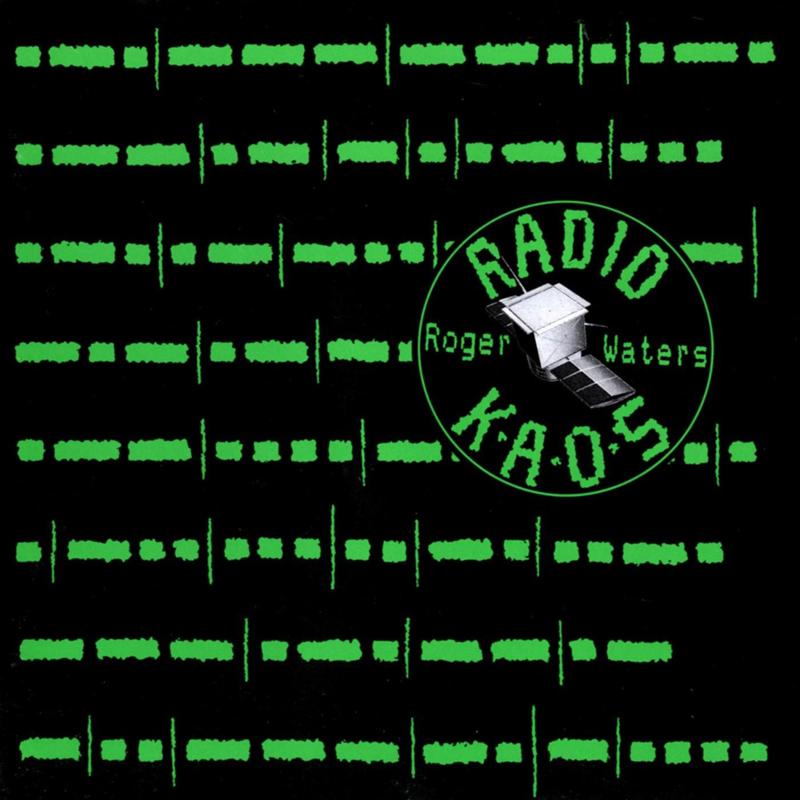
Vom Saxofonisten Mel Collins erschien auf der Website des Rolling Stone ein sehr ausführliches Interview unter dem Titel „Mel Collins on His Years With King Crimson, the Rolling Stones, and Roger Waters“, das seine zahlreichen musikalischen Stationen und Werdegang würdigte.
Besonders interessant für uns waren seine Aussagen und Erinnerungen an Roger Waters mit dem er in den 80er-Jahren zu tun hatte. Collins tourte mit Waters 1984, 1985 und 1987. Er spielt auf dem Album Radio Kaos und dem Soundtrack When The Wind Blows.
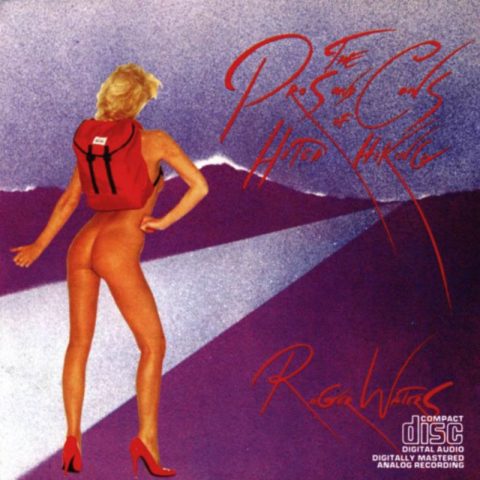
Tell me about getting hired for the Pros and Cons of Hitch Hiking tour with Roger Waters.
MEL COLLINS: I knew Roger’s wife at that time, Carolyn [Anne Christie]. She came on the road as a tour manager with King Crimson years before when I was in the band. I knew her fairly well. I think she said to Roger, “I know this guy Mel Collins. We could use him in the band.”I then got asked by Roger. It’s ironic since when I was in Kokomo, the manager, Steve O’Rourke, was told in no uncertain terms that either he manage Pink Floyd or he manage Kokomo. And so we were left without a manager. I have a feeling that Roger had something to do with that. It’s ironic that I wound up working for him. I don’t know if he realizes that. We never talked about it.
I fell out with Roger. He’s another one that can be difficult. Funnily enough, the last tour we did in America with King Crimson, we were staying at the Sunset Marquis in L.A. and Roger was there. He played the arena gig the day before. We went to see Roger and then went back to the hotel, and Roger was there at the bar. He invited me over.
There I was at the top table with Roger Waters. He basically told me how much he loves me, and we became the best of friends after those rocky moments where I was on tour with him. I was drinking a lot in those days, so I’m sure it was my fault.
Wußte nicht das Waters damalige Frau Carolyn, als Tour-Managerin von King Crimson arbeitete. Sachen gibt es. Carolyn hat dann den Kontakt zwischen den beiden hergestellt. Interessante, dass der von Steve O′Rourke fällt, der für kurze Zeit die Band Kokomo managte. Die Zusammenarbeit zwischen Collins und Waters endete im Clinch.
I know Roger is very particular about how he wants everything to sound onstage. He wants every show to be identical.
MEL COLLINS: Yes. I think David Sanborn was on the record, and so was Eric Clapton. At that time, Eric wasn’t really doing much. Roger asked him to come on the road with us. Eric was there, who I knew a little bit and got on with very well.We were doing one set that was The Pros and Cons of Hitch Hiking, which was basically one long song. That went down OK. But the second set we’d play the Pink Floyd numbers. That usually worked out better than The Pros and Cons of Hitch Hiking. That’s the nature of the beast, as they say.
It was a good band. It was a great lineup. I think Eric had a bit of a problem with Roger and didn’t enjoy it that much. It was, as you say, pretty much covering the parts on the record. I had to copy David Sanborn for most of it. He’s a fantastic player. I’m not complaining.
Nein, im ersten Set wurden die populäreren Floyd-Songs gespielt und nicht im zweiten, wie Collins sich zu erinner meint. Cool, von Waters, dass er so handhabte damals.
I’ve spoken to some people from his band who said they called Roger “General Waters” since he was like an army general.
MEL COLLINS: In his defense, I must say he was playing his first solo tour. We carried on and formed another lineup for another tour. During that tour, the Floyd were actually on the road at the same time. They were about three weeks behind us. For Roger, that was a lot of pressure to have that on his back.He was desperately trying … You know that thing about Floyd being anonymous? People didn’t really know them. And so we’re in America and people are like, “Who is Roger Waters?” People didn’t know him that well apart from the hardcore fans, so he had to build that up to where it is now. Of course, everybody knows who he is now.
„General Waters“, das gibt schon was her über den Waters′schen Führungsstil.
I can’t imagine the frustration when Pink Floyd are playing a football stadium, it’s sold out, and they’re playing mainly his songs. Meanwhile, he’s at a half-empty arena.
MEL COLLINS: It was very difficult. They had to reschedule some of the shows since they weren’t selling enough tickets. In those days, it was difficult. There was so much pressure on him. It wasn’t easy.
Das war 1987 sicher eine unglaubliche Erfahrung für Waters. Er musste zur Kenntnis nehmen, dass außer den Hardcore-Fans niemand wirklich wusste, wer er war, dass keine Rolle spielte, er in kleinere Hallen auswich, während seine Ex-Kollegas von Pink Floyd in derselben Stadt zwei oder dreimal hintereinander im Baseballstadion spielten.
Tell me about the making of Radio K.A.O.S.
MEL COLLINS: I was pretty much in the band then. We were trying different things. I’d be in the studio with him and he’d pull out the track. Again, I would have a listen and see what instrument would work better, the alto or the tenor or sometimes the baritone. We did it like that, trial and error.We took that on the road eventually. That’s when I sort of fell out with Roger a little bit. He did say recently that he’d love to use me again, so maybe I’ll go back sometime.
Das komplette Interview mit Collins gibt es hier nachzulesen: Rolling Stone: Saxophonist Mel Collins on His Years With King Crimson, the Rolling Stones, and Roger Waters.
Ich danke Michael und Oskar für den Hinweis.



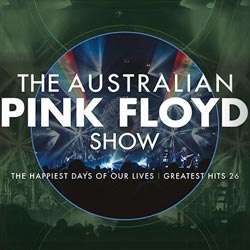
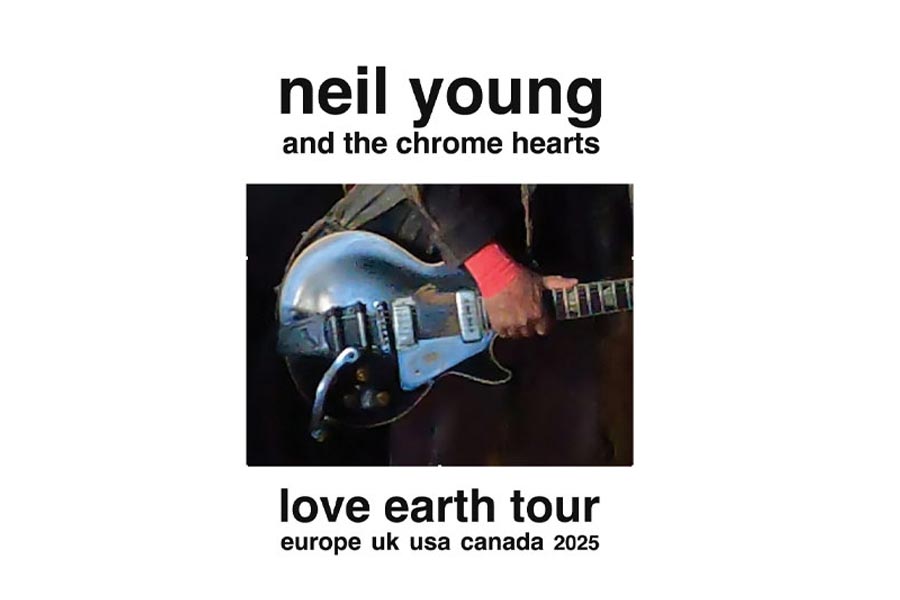
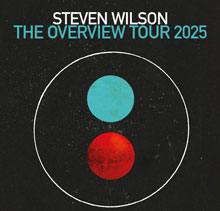

![The Dark Side Of The Moon - 50th Anniversary Deluxe Box Set [Vinyl LP]](https://m.media-amazon.com/images/I/41LmT8LBfeL._SL160_.jpg)
![Pink Floyd at Pompeii - Mcmlxxii [Blu-ray]](https://m.media-amazon.com/images/I/41tcUmkGMfL._SL160_.jpg)




![Pink Floyd at Pompeii - MCMLXXII [Vinyl LP]](https://m.media-amazon.com/images/I/510Ug+MBBVL._SL160_.jpg)